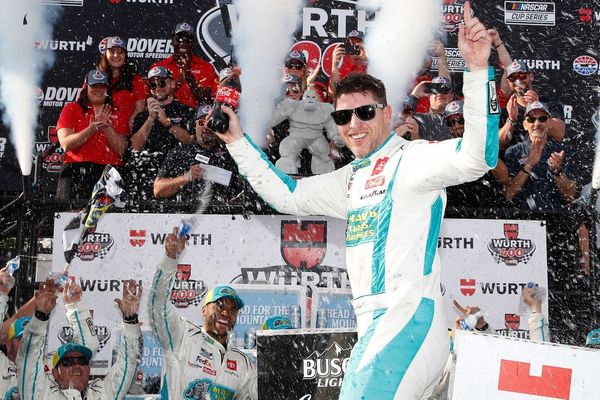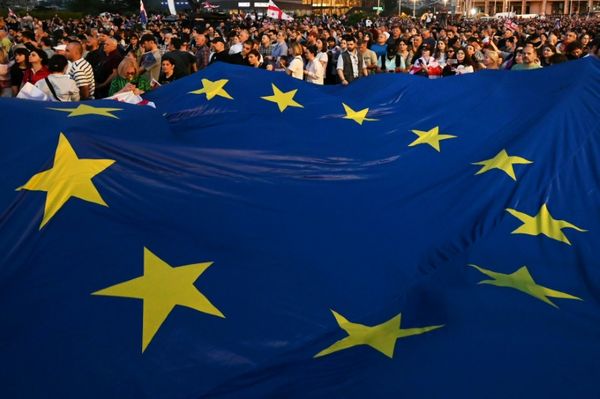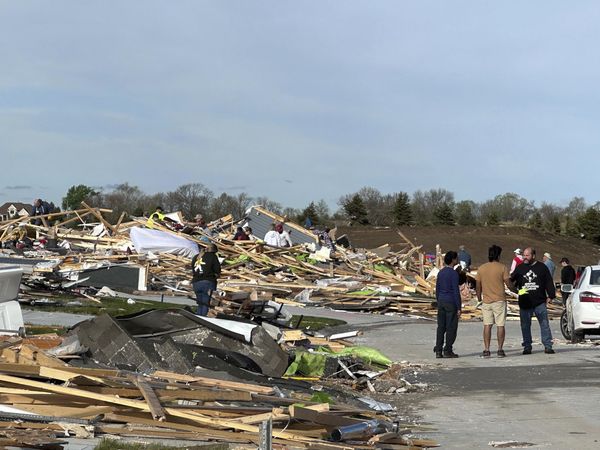
Suva (Fiji) (AFP) - Fiji's bitterly contested election pits two ex-military commanders and coup leaders against each other -- Prime Minister Frank Bainimarama and challenger Sitiveni Rabuka.
On paper, Bainimarama, 68, and Rabuka, 74, have much in common.
Both are former military men who have led successful coups, served as prime minister and survived in the treacherous waters of Melanesian politics for decades.
They are Indigenous Fijians, born post-World War II but when the islands were still part of the British empire.
Both caused Fiji to be suspended from the Commonwealth with their military takeovers, helping earn the islands the tongue-in-cheek epithet "cloud coup-coup land".
But the men are fierce rivals.
Bainimarama, known for his gruff demeanour and acerbic tongue, has dubbed his former comrade-in-arms a "nobody" and a "snake".
While he dishes out insults, Bainimarama is quick to silence critics.
Veteran Irish-Australian journalist Paul McGeough once described him as "a cross between Saddam Hussein and Forrest Gump".
During a 2018 election contest, Rabuka's campaign was derailed by charges brought by Fiji's corruption watchdog, which has often behaved like Bainimarama's political attack dog.
Rabuka lost that vote by a significant margin.
Despite being a Methodist, Bainimarama has also repeatedly banned the church's annual conference, accusing religious leaders of being a mouthpiece for his opponents.
When asked on election day this year by a journalist whether he would accept the result, Bainimarama snapped: "Haven't they got any intelligent reporter from Australia to come and ask me a better question than that?"
Never afraid of picking a fight, he joined the navy in 1975 and went to the Middle East twice as a United Nations peacekeeper.
By 1999 he was head of the armed forces.Little over a year after his appointment, he was involved in the coup to depose then-prime minister Mahendra Chaudhry.
In 2006, he seized power for himself, dissolving parliament and becoming acting president.
That resulted in international sanctions and a ban from visiting neighbouring Australia and New Zealand.
But he slowly shed pariah status, hanging up his fatigues, winning elections in 2014 and 2018, and changing his image from coup leader to climate champion.
Under his government, Fiji was the first country to ratify the Paris Agreement and Bainimarama was president of the COP23 climate change conference in Bonn in 2017.
While in Germany, he struck up a friendship with Arnold Schwarzenegger, who praised Bainimarama for "kicking some serious butt" on climate change.
At home he has deftly handled Fiji's thorny ethnic politics, garnering wide support in the Indo-Fijian community while doing his best to keep the opposition divided.
'No angel'
Where Bainimarama can be sullen, his rival often appears jovial -- skipping through remarks in measured staccato, even when the issue is deadly serious.
But Rabuka is fiercely competitive and, according to Bainimarama, insatiably power-hungry.
Nicknamed "Rambo" after leading two coups in 1987, Rabuka has also scrummed down as a prop for Fiji's beloved rugby team.
He participated in the 1974 Commonwealth Games in the decathlon, discus, hammer throw and shot put -- where he placed eighth.
After enlisting in the army he commanded infantry battalions on peacekeeping duties in Lebanon and Egypt.
He distinguished himself in Lebanon, where his courage saw him awarded the French Legion of Honour for saving a French officer during an attack on the UN headquarters in 1980.
In May 1987 armed troops took over Fiji's parliament on his signal, but unhappy with the way political negotiations were progressing, Rabuka staged a second coup that September.
"I had to do what I had to do in 1987," he would later say.
Rabuka retired as commander of the military in 1991 to go into politics and was elected prime minister the following year.
He held power until 1999 when he lost at the polls.
Married since 1975, he has conceded to being "no angel".Following a nine-month legal battle, Rabuka admitted in 2002 that he had fathered a child with a local journalist.







